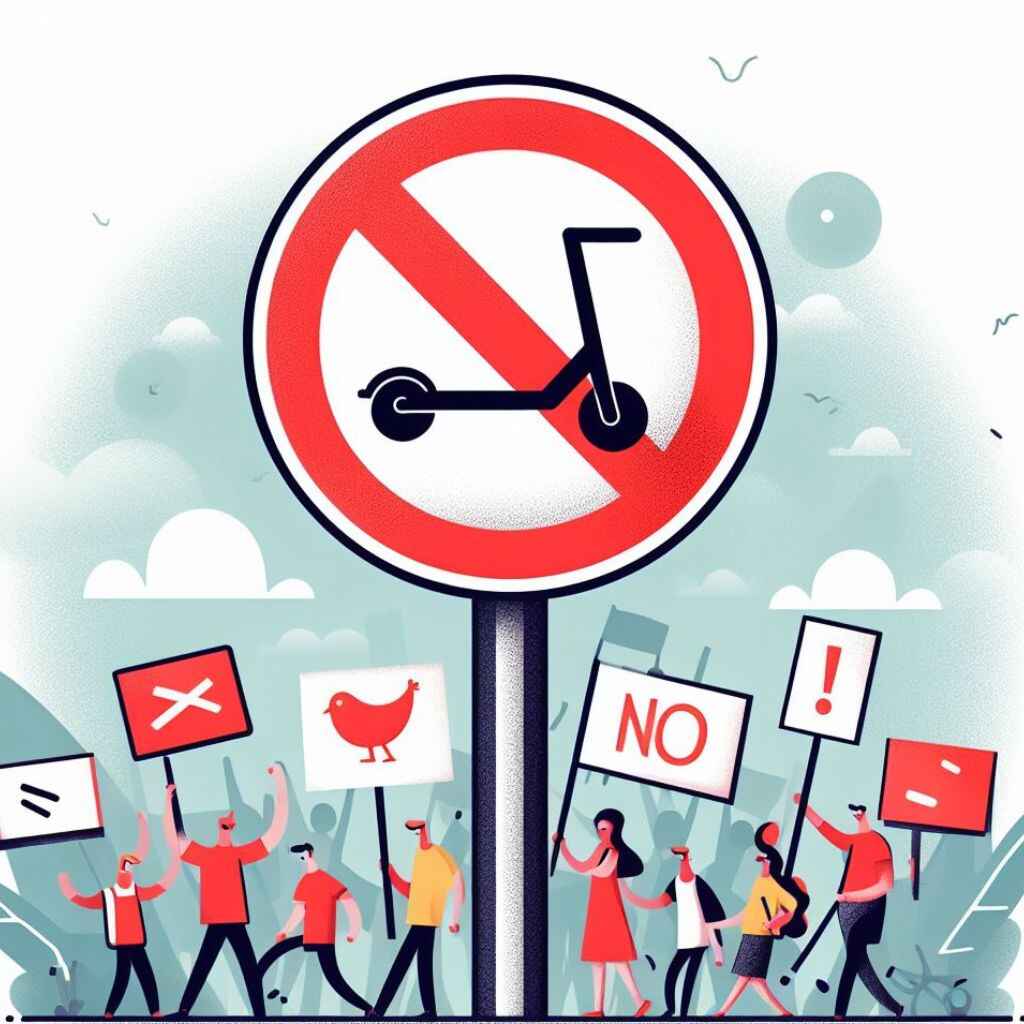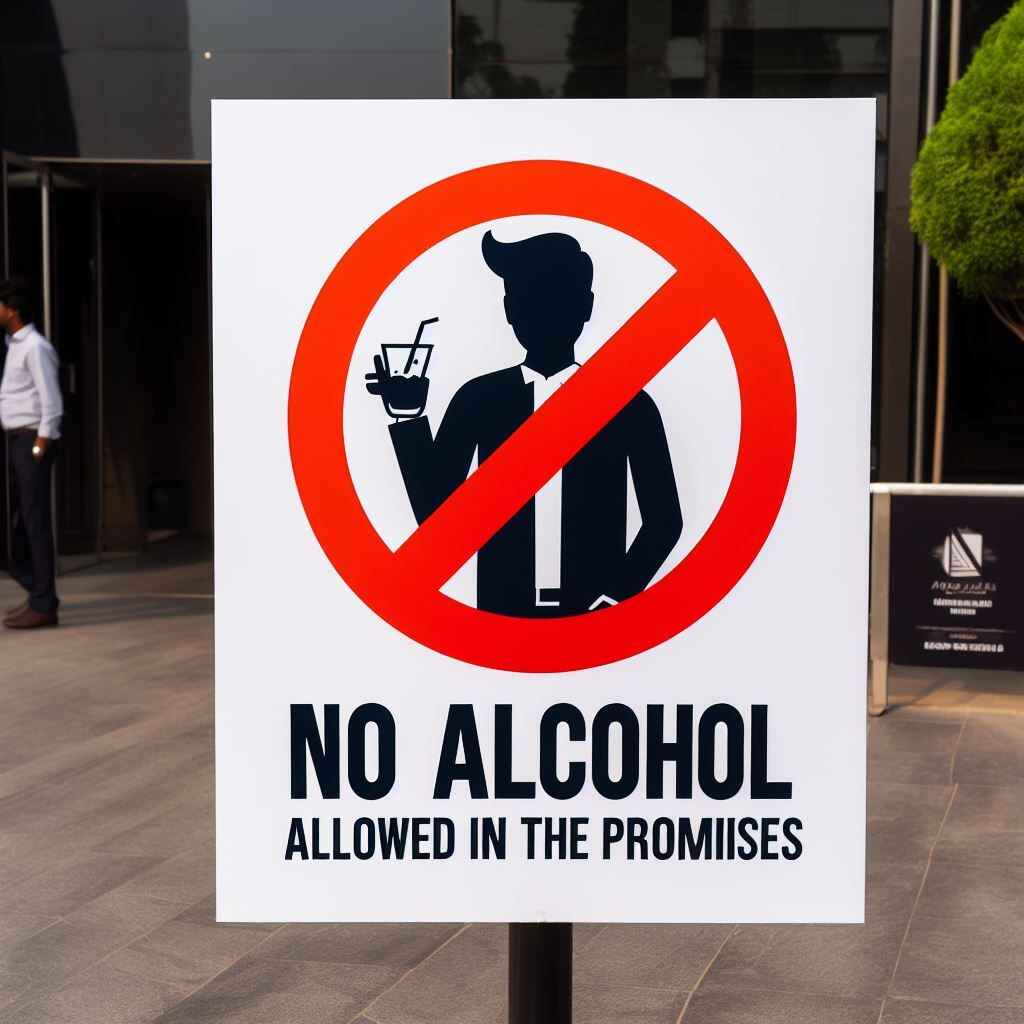France, akin to many nations, boasts an assortment of peculiar laws that encompass the realms of osculation, alcoholic libations, and the innocence of juveniles. Amongst France's extensive corpus of around 15,500 laws, a notable portion stands as eyebrow-raising relics from the annals of history, akin to an oversight perpetuated from the Middle Ages.
Yet, one might safely surmise that the obligation to maintain an emergency hay bale for a royal equine encounter shall hardly raise one's legal concerns today. Some of these odd legalities are seemingly birthed from whimsical anecdotes, evoking amusement as we unearth the genesis of France's quirkiest regulations. However, the humour swiftly wanes when we contemplate how certain eccentric laws in France persist in encroaching upon the rights of its female populace.
ALSO READ| Top 10 Countries With Longest Work Hours in the World 2023
List of 7 Common Things Banned in France
Let’s go over the 7 French laws, that are surely weird for people:
- E-Scooters
- Farewell
- Taking Pictures of Police or their vehicles
- Religious Symbols And Muslim Head Dress
- Alcohol in workplaces
- Disinheriting Children
- French music on French radio stations
The list is based on various reports and has been individually verified using different sources available on the internet.
ALSO READ - List of Top 10 Most Educated Countries in the World 2023
Common Things Banned in France
1. E-Scooters

In a watershed moment, Paris, spearheading the continent, officially banned privately-owned e-scooters on a fateful Friday. This decree followed an April referendum in which Parisians, albeit with a modest voter turnout, overwhelmingly sanctioned the prohibition. Notably, privately owned e-scooters, escaping the clutches of municipal regulation, remain exempt from the restriction.
2. Farewells

A time-honoured decree from 1910, still technically enforced in France, explicitly kissing on railway platforms. This peculiar edict was implemented just before the upheaval of World War I when soldiers, embarking on the frontlines, engaged in emotional farewells with their loved ones, leading to considerable delays. This law emerged as an attempt to curtail the platform impasses caused by heartfelt goodbyes among families and couples. Albeit retained in the legal annals, this law carries no formal penalties, allowing one to safely exchange parting kisses before boarding the train.
ALSO READ - OECD Countries: Top 3 Countries Where Indians Immigrate
3. Taking Pictures of Police or their vehicles

Article 24 explicitly criminalizes the dissemination, by any conceivable means or medium, of the image of a police officer or gendarme, aiming to impair their physical or mental integrity during a police operation. Violators risk imprisonment for up to one year and a fine amounting to €45,000. Subsequent amendments clarified that the intent to inflict harm must be manifest, and the law ought not to infringe upon the freedom of the press.
4. Religious Symbols And Muslim Head Dress

In a recent proclamation, the French government decreed the prohibition of a traditional garment, the abaya, worn by some Muslim students atop their clothing, all in the name of secularism. Education Minister Gabriel Attal's announcement occurred nearly two decades after the introduction of a law limiting religious attire and symbols within French schools.
5. Alcohol in workplaces

Employers, when confronted with potential risks to their workforce or third parties, maintain the authority to proscribe the consumption of alcohol, both within and beyond the workplace, for specific categories of employees, as determined by recent judicial rulings. Within the confines of France, alcoholic beverages such as wine, beer, cider, and perry are permissible in workplaces, while other alcoholic libations remain strictly prohibited. In circumstances where the consumption of these authorized beverages could imperil the well-being of employees, employers must implement measures to ensure their safety and prevent potential accidents. Such measures must be proportionate to their intended purpose.
6. Disinheriting Children

Under the auspices of French law, disinheritance of one's children is not a viable option, as a portion of one's estate is legally reserved for them. In cases involving a single child, fifty per cent of the estate is bequeathed to the offspring, while two-thirds are apportioned when two children are involved. In the event of three or more children, three-quarters of the estate is designated for distribution among them. Nonetheless, it is admissible to bestow a particular child with a larger share than their siblings. Moreover, French inheritance laws bestow specific privileges upon spouses, even in cases of ongoing divorce or separation at the time of the deceased's passing. If the spouse shares children with the deceased, they may either inherit in usufruct, permitting them to utilize the estate without altering it, or gain full ownership of a quarter of the estate. Conversely, if the deceased has children from a different partner, the latter option is the sole prerogative available to the spouse.
7. French music on French radio stations

In 1994, legislation emerged mandating that all French radio stations guarantee that a minimum of 40% of the songs in their playlists be in the French language. This law initially conceived to preserve French culture and mitigate the encroachment of Anglo-Saxon influence, was intended to cultivate native talent. However, in 2015, several radio stations opposed this legislation when French authorities accused them of incessantly playing popular French songs to meet the quota. In response, the government proposed limiting the frequency of the most popular French songs to ensure that a diverse range of melodies graced the airwaves.
ALSO READ|
Comments
All Comments (0)
Join the conversation